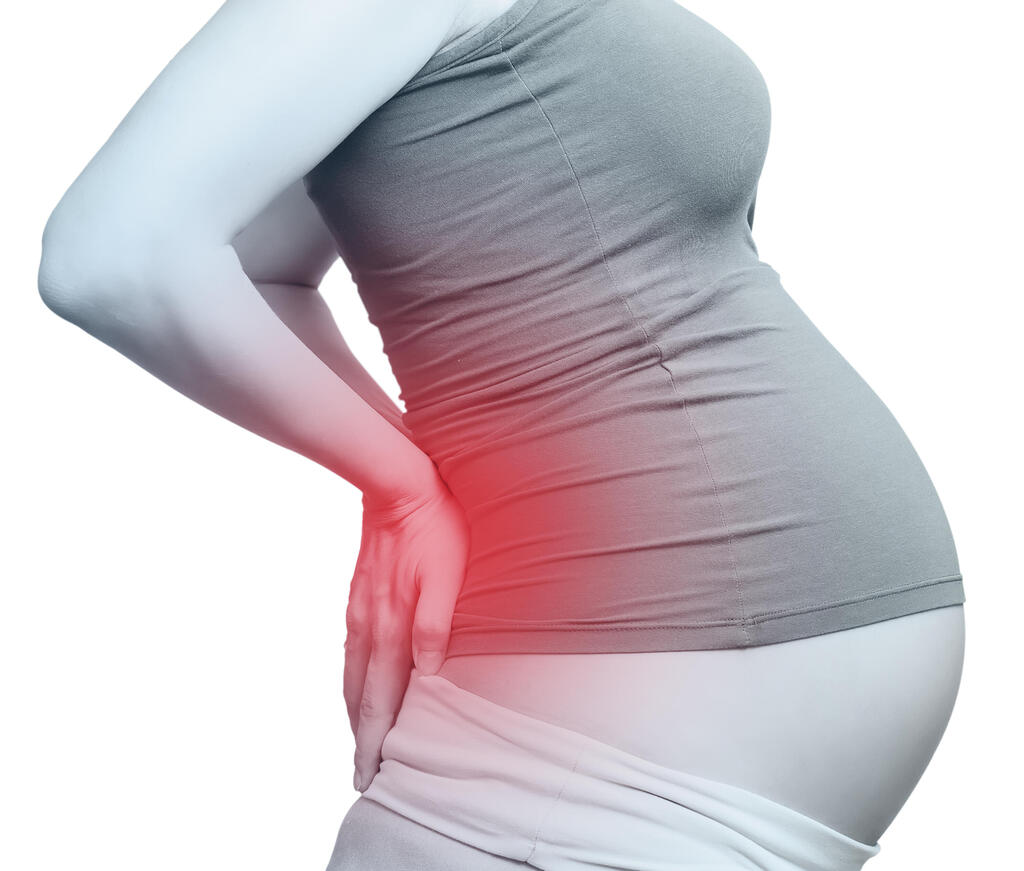Relaxin is a reproductive hormone produced by the ovaries and the placenta. It loosens and relaxes muscles, joints and ligaments during pregnancy to help the body stretch, and it loosens the muscles and ligaments in the pelvis, in preparation for delivery.
Read more:
However, it also has other functions and can sometimes causes unpleasant side effects:
- It relaxes blood vessels to increase blood flow to the placenta and kidneys, and during menstruation it reduces blood clotting.
- During pregnancy, it assists in stretching the abdominal muscles according to the growth of the fetus.
- The enlargement of the uterus during pregnancy presses the diaphragm upward, making breathing difficult and requiring the expansion of the ribcage – a process facilitated by Relaxin.
- The hormone loosens ligaments and tendons during both the menstrual cycle and pregnancy to accommodate the body's changes.
- Relaxin also influences the digestive system – typically, there is a tendency for constipation during pregnancy and a tendency for diarrhea during the menstruation.
- The role of tissue relaxation may cause various aches in the bones, especially in the legs. These aches are also common during menstruation.
How to alleviate the symptoms?
- To reduce or prevent pelvic, joint or ligament pain, it is important to start pregnancy at a healthy weight and also gradually gain weight, because excess weight combined with ligament stretching can cause strain, especially on the pelvis.
- In cases of constipation, it is recommended to add dietary fiber to the daily menu and drink more water than usual to improve the activity of the digestive system.
- In cases of diarrhea, it is advisable to choose easily digestible foods that are relatively low in fiber, and avoid fresh vegetables.
- Maintain proper posture – head high and upright, shoulders back, spine and pelvis in a neutral position, while core muscles support the spine from the head to the tailbone.
- Maintain a routine of physical activity during pregnancy, while consulting with a gynecologist.
- In cases where pelvic pain is severe, during menstruation and pregnancy alike, one can seek help from physiotherapy; it is important to choose a professional who specializes in pregnancy. They can perform soft tissue massage or apply kinesio taping in the form of elastic bandage strips.
- Using a heating pad or, alternatively, applying cold pressure to the area can also help (use trial and error to feel what provides relief).
Liora Houbara is a clinical dietitian Sc.M and NLP Master for health and weight loss.


